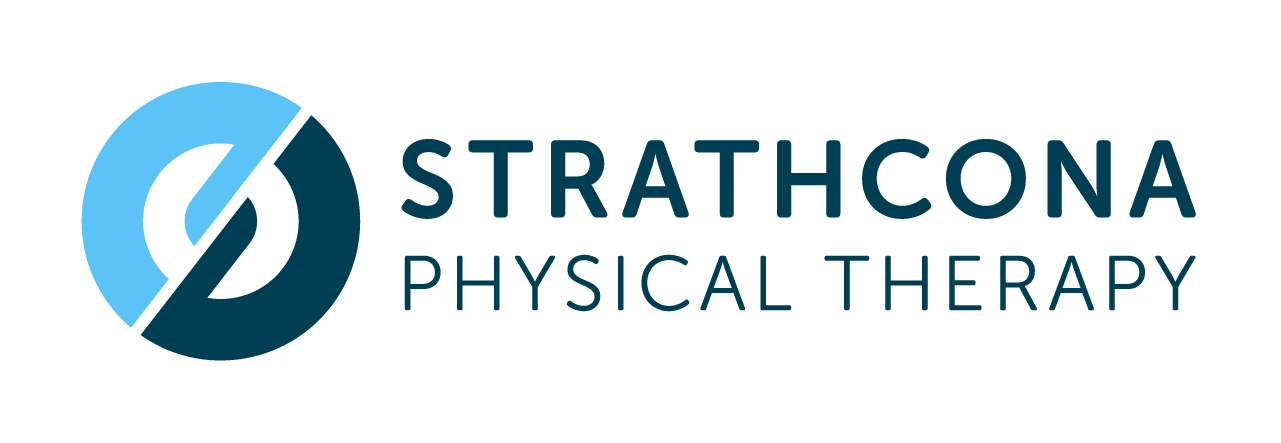What can a physiotherapist do for you after a concussion, and why is it important?
Concussions, a form of mild traumatic brain injury, can significantly disrupt daily life, affecting physical, cognitive, and emotional well-being. Physiotherapy plays a pivotal role in facilitating recovery, aiming to restore function and expedite a safe return to daily activities, sports, and hobbies.
Comprehensive Assessment and Personalized Treatment
Physiotherapists with specialized concussion training are adept at conducting thorough assessments to identify the multifaceted impacts of a concussion. This includes evaluating cervical spine function, vestibular and oculomotor systems, and autonomic responses. Such comprehensive evaluations inform the development of individualized treatment plans tailored to address specific impairments and functional limitations.
Symptom-Specific Interventions
1. Headache and Neck Pain Management: Post-concussion headaches often stem from cervical spine dysfunction. Physiotherapists employ manual therapy, therapeutic exercises, and posture correction to alleviate pain and improve neck mobility.
2. Vestibular Rehabilitation: Dizziness and balance issues are common post-concussion. Through vestibular rehabilitation therapy, physiotherapists address inner ear disturbances, enhancing balance and reducing dizziness.
3. Oculomotor Training: Concussions can impair eye movement control, leading to visual disturbances. Targeted oculomotor exercises help restore visual stability and coordination.
4. Autonomic Regulation and Endurance Building: Physiotherapists guide patients through controlled aerobic exercises to regulate autonomic functions, improve cardiovascular endurance, and facilitate a gradual return to physical activity.
Facilitating Return to Daily Activities and Sports
A critical aspect of concussion management is the safe resumption of daily activities and sports. Physiotherapists design graduated return-to-activity protocols, carefully monitoring symptoms to ensure a balanced progression. This approach minimizes the risk of symptom exacerbation and promotes confidence in returning to pre-injury routines.
Holistic and Collaborative Care
Physiotherapists adopt a holistic approach, considering the psychological and social dimensions of concussion recovery. They collaborate with multidisciplinary teams, including physicians, occupational therapists, and psychologists, to provide comprehensive care that addresses all facets of a patient's well-being.
Conclusion
Physiotherapy is integral to concussion management, offering evidence-based interventions that address the diverse challenges posed by concussions. Physiotherapists with concussion-specific training are particularly skilled at helping individuals regain function, manage symptoms, and safely return to their daily activities and valued pursuits. Through personalized care, physiotherapists empower individuals to recover fully and resume their roles in work, sports, and hobbies.
References
Giza, C. C., & Hovda, D. A. (2014). The new neurometabolic cascade of concussion. Neurosurgery, 75(Suppl 4), S24–S33.
Alsalaheen, B. A., Mucha, A., Morris, L. O., et al. (2010). Vestibular rehabilitation for dizziness and balance disorders after concussion. Journal of Neurologic Physical Therapy, 34(2), 87–93.
McCrory, P., Meeuwisse, W. H., Dvořák, J., et al. (2017). Consensus statement on concussion in sport. British Journal of Sports Medicine, 51(11), 838–847.
